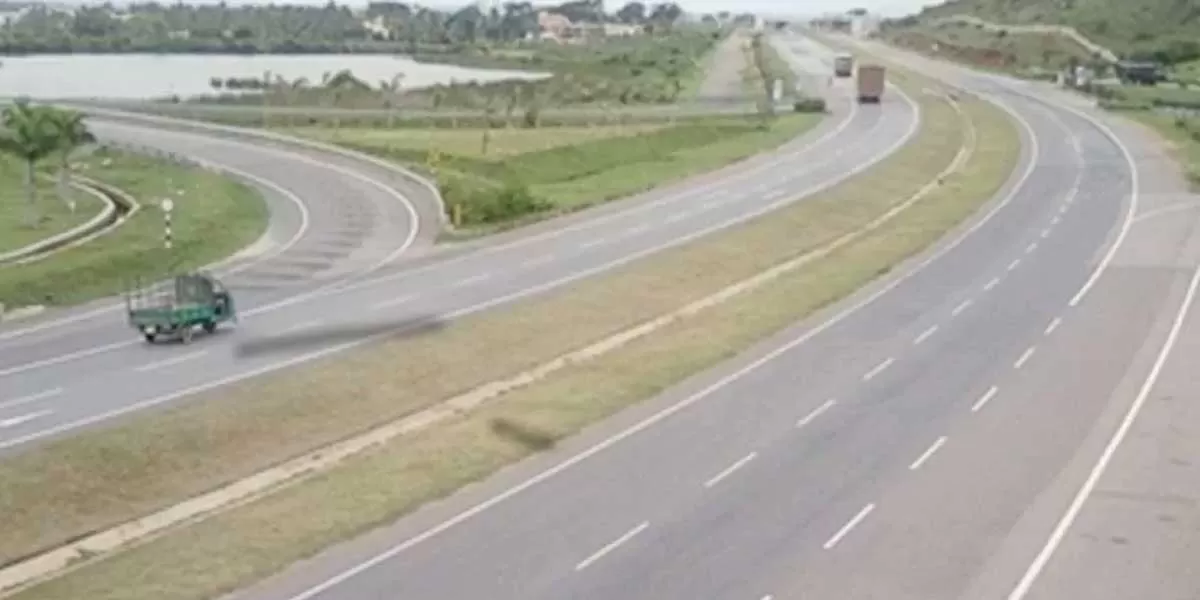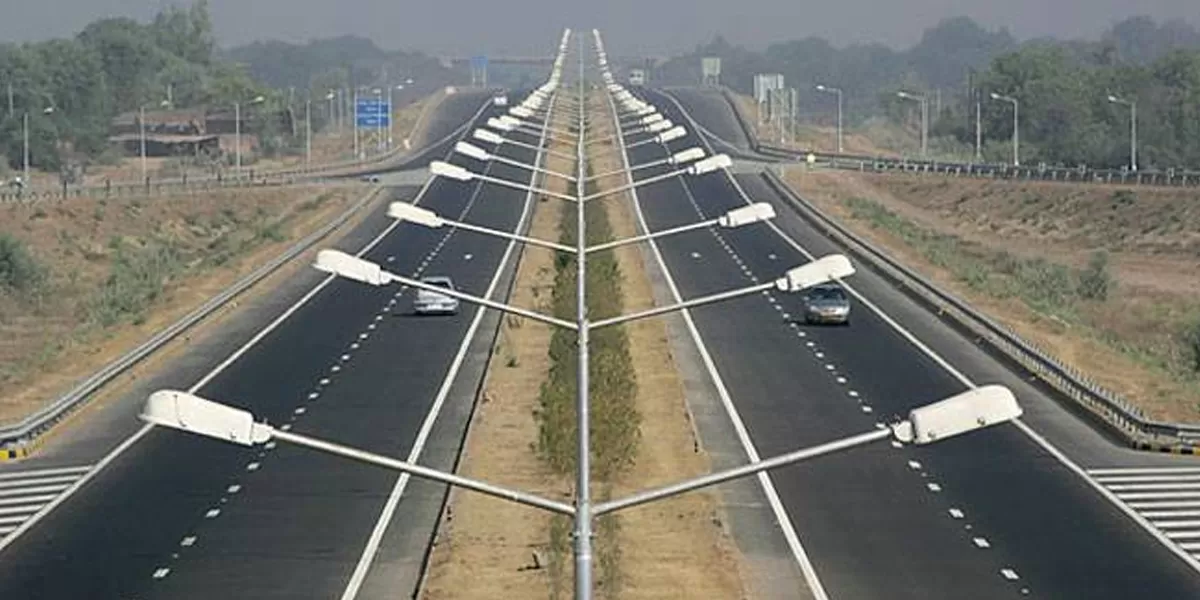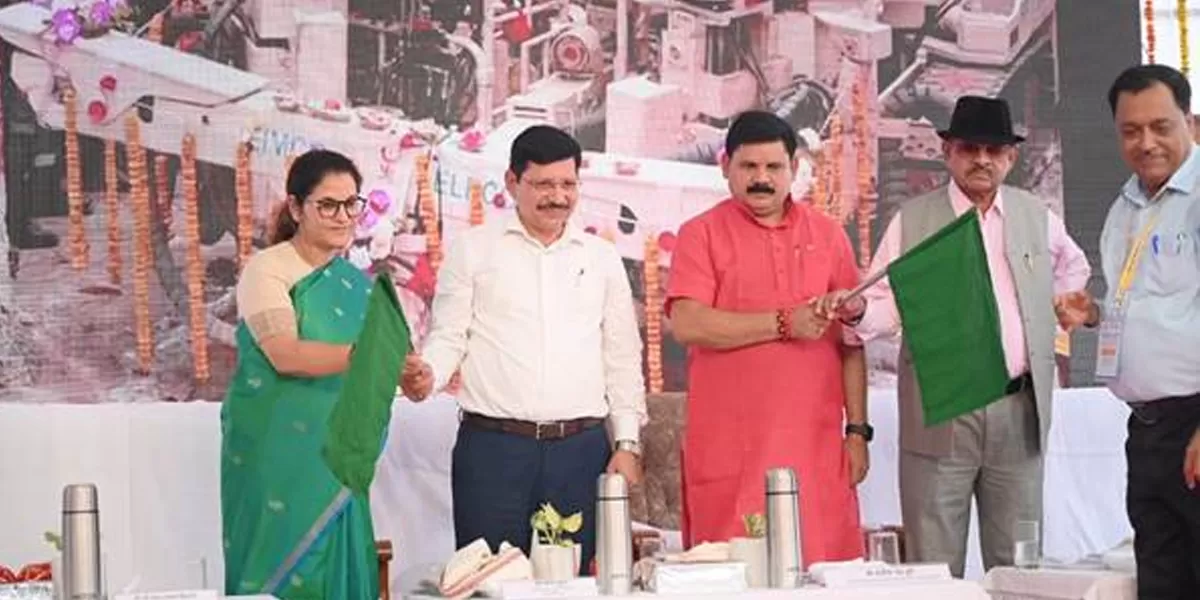

Cabinet Approves Rs 1 Lakh Cr Employment Incentive Scheme
The Union Cabinet has approved the Employment Linked Incentive (ELI) Scheme with an outlay of Rs 99,446 crore to generate over 3.5 crore jobs over two years. The scheme supports both employees and employers, especially in the manufacturing sector.First-time employees earning up to Rs 1 lakh will get up to Rs 15,000 in two instalments. Employers hiring two or more workers will receive incentives up to Rs 3,000 per month for up to four years. The scheme also promotes savings and financial literacy among youth...

Cabinet Clears Rs 1,853 Cr Four-Lane Highway in Tamil Nadu
The Union Cabinet has approved the four-laning of the 46.7 km Paramakudi-Ramanathapuram stretch of NH-87 in Tamil Nadu at a cost of Rs 1,853 crore under the Hybrid Annuity Model. The project will ease traffic congestion and improve connectivity between key towns and economic zones.The highway links five NHs and three SHs, and connects to Madurai airport, Rameshwaram port, and major railway stations. It is expected to generate 18 lakh+ person-days of employment and boost tourism and trade in the region. ..

Minister Inaugurates New Tech, Campaigns at SECL Mines
Union Minister of State Shri Satish Chandra Dubey visited SECL mines, inaugurating a low-height Continuous Miner at Chirimiri’s NCPH mine and a mechanical ventilator at Churcha mine. He praised the use of advanced technology to boost safe underground coal production, targeting 100 million tonnes by 2030.He also planted trees under ‘Ek Ped Maa Ke Naam’, inaugurated bio-toilets for women miners, and honoured workers. In Raipur, he met Chhattisgarh CM to discuss land acquisition for coal projects. ..














